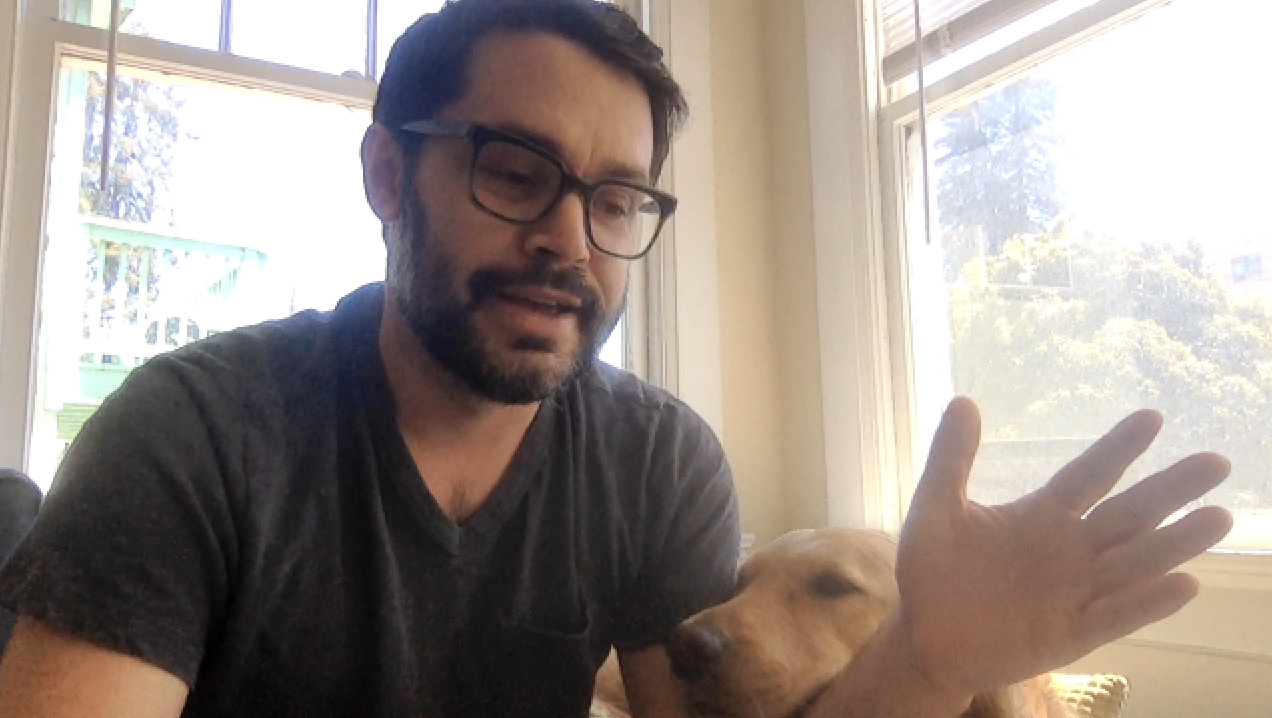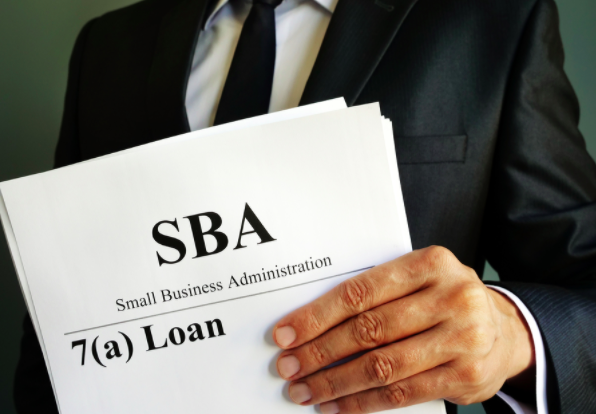Are you a small business looking for more financial assistance options as you navigate the COVID-19 pandemic? This is another post in our coverage of financial grants, loans, and assistance to help you. In particular, this post will discuss the less talked about SBA 7(a) loan option which could be a great option for you. While most people are focused on the SBA EIDL (Economic Injury and Disaster Loan) program, the SBA 7(a) loan program is SBA's primary program to help small businesses. Let's dive in.
Summary of SBA Loan Options Currently Available
The SBA 7(a) Standard Loan: This is a maximum loan amount of $5 million and are geared toward more established businesses with positive cash flows. While this may be a good option for larger businesses, the smaller SBA 7(a) loan option may be more relevant to most small businesses (below).
The SBA 7(a) Small Loan: These loan amounts range between $25,000 and $350,000, have 6% interest rates with terms over 10 years. As a business, you must have annual revenues of at least $100,000, be in business over 2 years, and have a minimum credit score of over 680. If you're interested in seeing if you qualify, you can check here.
The SBA PPP (Paycheck Protection Program): This was a temporary program established through the CARES Act to help small business keep people on payroll during the COVID-19 shutdown orders. While this program is still open through August 8th, 2020, most eligible businesses have already applied. We published a look-up tool, so you can see every business that received over $150,000 in PPP forgivable loans.
The SBA EIDL (Economic Injury and Disaster Loan) Program: This program is specific to regions or businesses that have been affected by disasters. Every small business in the US qualified under this umbrella due to the COVID-19 pandemic. The SBA stopped issuing SBA EIDL Advances (grants up to $10,000 authorized through the CARES Act too), but is still processing EIDL loans, and you can apply here.
More Details on the SBA 7(a) Loan Program
Chances are very likely you are aware of both the EIDL and PPP programs. In fact, based on our small business survey, nearly half of small businesses applied for both of these. What continues to be lesser known is the SBA 7(a) program.
Why aren't people talking about the SBA 7(a) loans as much as the other programs? This could be because these are more like traditional loans: You must be a for-profit business and have good revenues and a good credit score. Basically, these will be evaluated just like loans you would request from a private lender.
Are you eligible for an SBA 7(a) Loan?
As mentioned above, the SBA 7(a) small loan has a maximum loan amount of $350,000. Also these funds can be used for expansion, renovation, or other capital projects, as well as working capital for employees or operations.
You can apply through private lenders for this, but the SBA will make the final decision on eligibility. However, qualified lenders may be granted delegated authority to make eligibility determinations without SBA review. The typical approval time is 5-10 business days. You can check your eligibility for this loan and other SBA loans via Fundera, a private third-party lender.
What other SBA resources are available?
📌 Latest SBA EIDL Advance and loan data based on self-reporting
📌 Other funding and support options for small businesses
📌 Survey: Nearly half of small businesses are in survival mode

